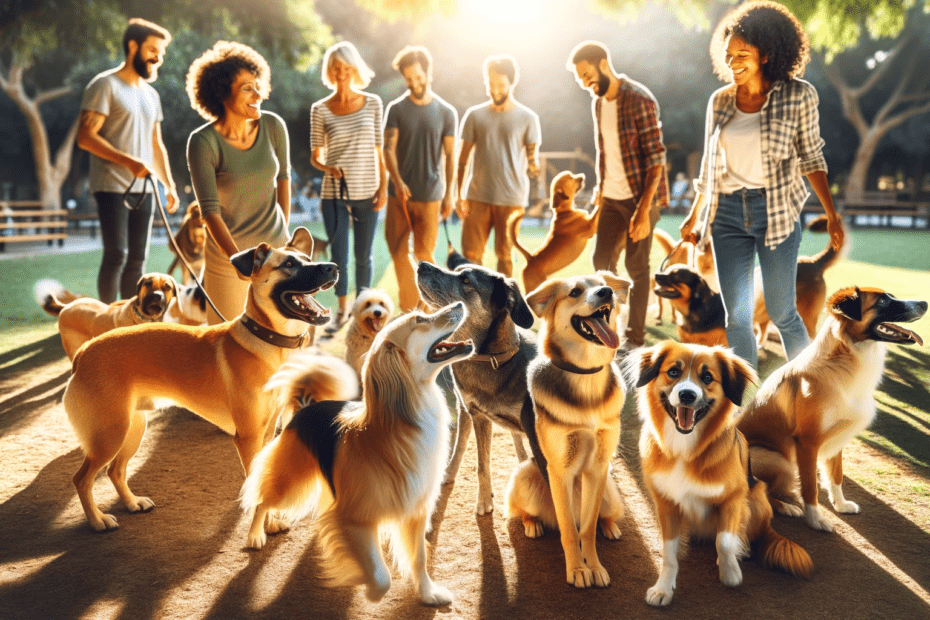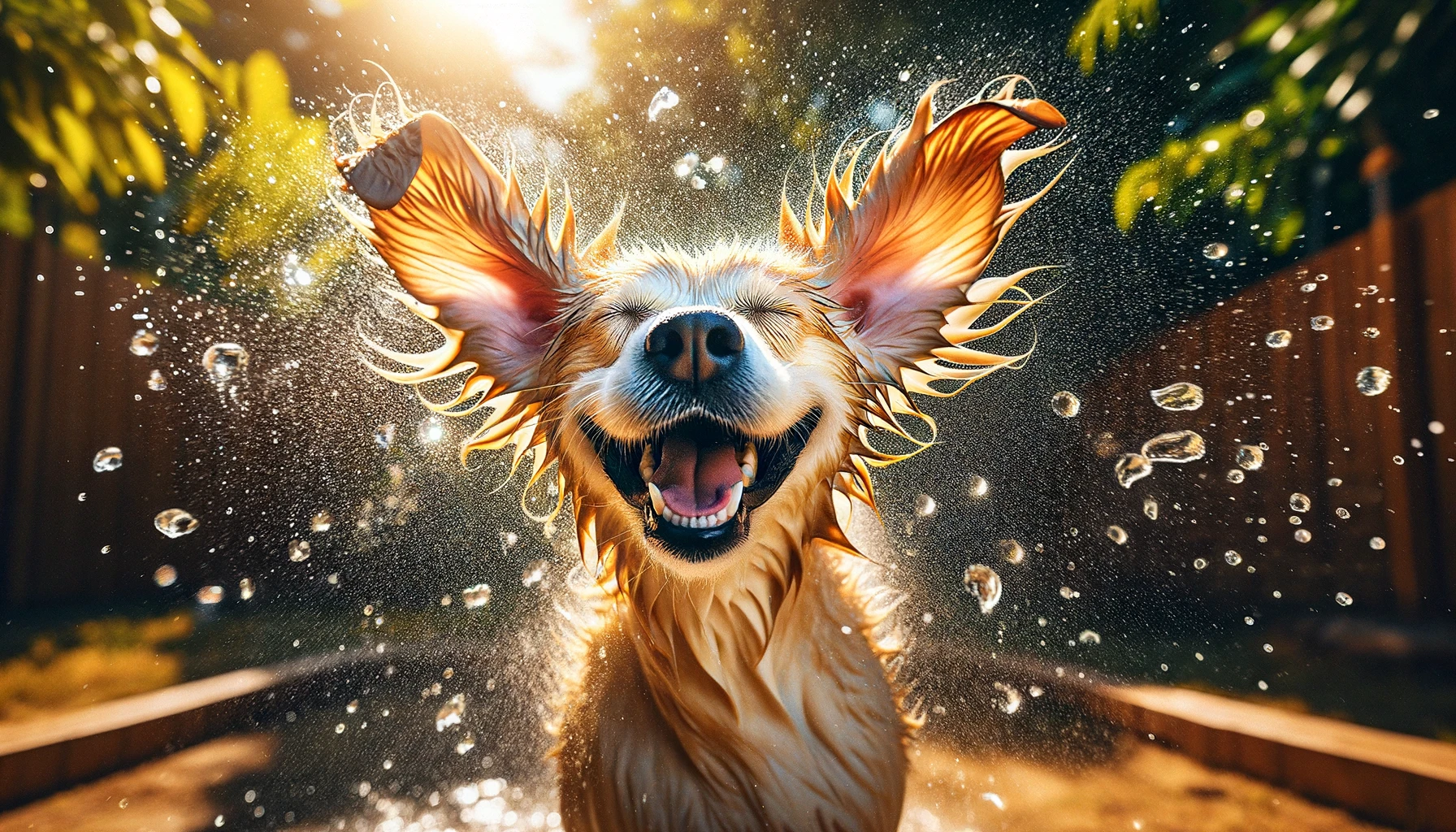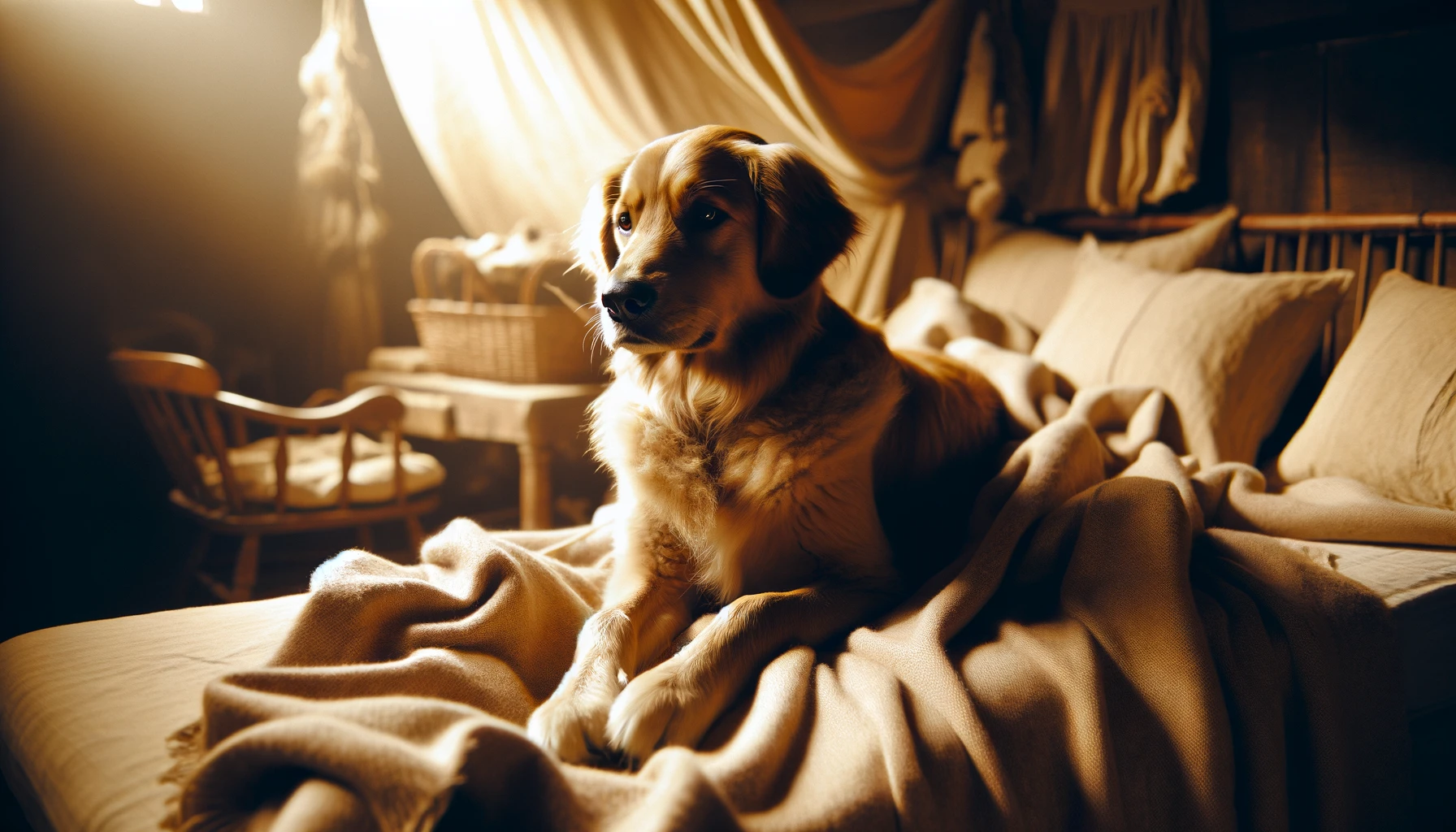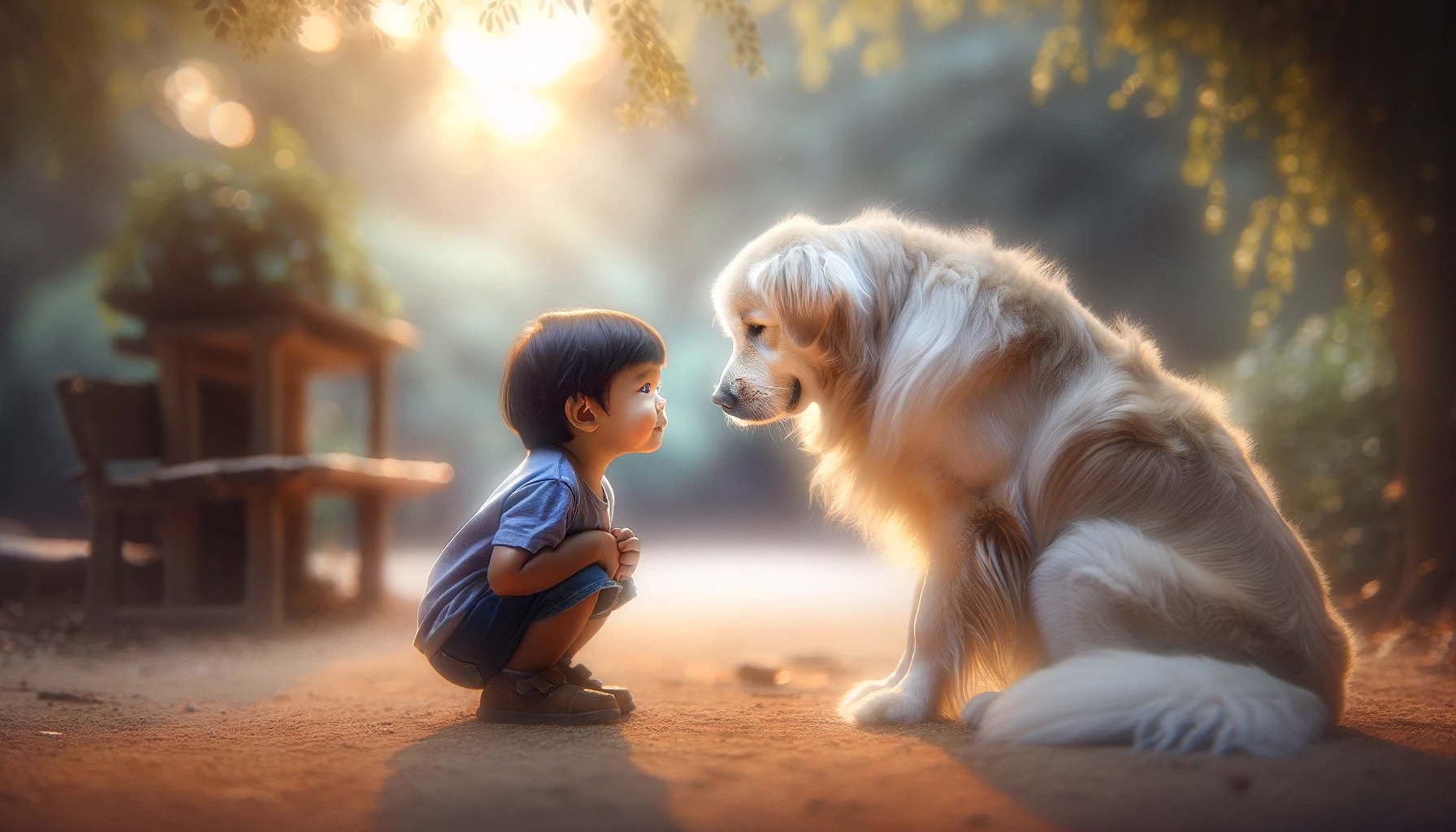Looking to socialize your dog's behavior? Expert tips can help!
Learn the importance of dog behavior socialization and discover best practices to start early and ensure effective techniques.
Overcoming common challenges like fear and aggression is crucial, but maintaining positive socialization is key.
With these expert tips, your dog will be well-behaved and socialized in no time.
Don't miss out on this authoritative guide to improve your dog's behavior!
Key Takeaways
- Socializing your dog is crucial for their overall well-being and development.
- Expose your puppy to a variety of environments, sounds, and people.
- Use positive reinforcement training techniques.
- Gradually expose your dog to triggers using counterconditioning and desensitization techniques.
The Importance of Dog Behavior Socialization
Socializing your dog is crucial for their overall well-being and development. The role of socialization in dog training can't be overstated. It helps your furry friend develop appropriate behavior and coping skills, enabling them to navigate various social situations with ease.
Socializing adult dogs is just as important as socializing puppies, as it helps them overcome any existing fears or behavioral issues they may have acquired over time.
When it comes to socializing your adult dog, it's essential to start slow and gradually expose them to different environments, people, and other animals. Begin by introducing them to familiar and trusted individuals, then gradually introduce them to new faces. Encourage positive interactions and reward them for good behavior. This will help build their confidence and teach them how to behave appropriately in different social settings.
Remember to consider your dog's unique personality and temperament when socializing them. Some dogs may be naturally more outgoing and sociable, while others may be more reserved or anxious. Tailor your approach accordingly and provide plenty of positive reinforcement to help them feel comfortable and secure.
Best Practices for Early Dog Socialization
To ensure successful dog behavior socialization, focus on incorporating these best practices during the early stages of your dog's life. Early dog training and puppy socialization are crucial for setting a solid foundation for your furry friend's behavior and temperament. The first few months of your dog's life are a critical period for learning and adapting to new experiences.
Start by exposing your puppy to a variety of environments, sounds, and people. Gradually introduce them to different surfaces, such as grass, concrete, and carpet. This helps them become comfortable in different settings and reduces the risk of fear or anxiety later on.
Socializing your puppy with other dogs is equally important. Arrange playdates with friendly, well-behaved dogs to help them learn appropriate behavior and develop good social skills. Supervise these interactions to ensure they're positive and safe for both dogs.
Consistency is key in early dog training. Establish clear rules and boundaries from the start, and reward your puppy for good behavior. Use positive reinforcement techniques, such as treats and praise, to reinforce desired behaviors.
Lastly, enroll your puppy in a puppy training class. These classes provide structured learning environments and allow your puppy to interact with other dogs under the guidance of a professional trainer.
Effective Techniques for Dog Behavior Socialization
To effectively socialize your dog's behavior, it's important to use positive reinforcement training techniques. By rewarding desired behaviors, such as calmness and good manners, you can encourage your dog to repeat them in social situations.
Additionally, controlled socialization experiences, where you introduce your dog to new people, animals, and environments in a gradual and supervised manner, can help them become more comfortable and confident in various situations.
Positive Reinforcement Training
Start by incorporating positive reinforcement techniques into your dog's behavior socialization. Reward-based training is an effective method that focuses on rewarding desired behaviors instead of punishing unwanted ones. This technique creates a positive association in your dog's mind, making them more likely to repeat the behavior.
One way to implement this is through using treats as rewards. When your dog displays the desired behavior, immediately give them a treat and praise them. This reinforces the behavior and encourages them to continue behaving in that manner.
Another technique is clicker training, where a clicking sound is used to mark the desired behavior, followed by a treat. By consistently using positive reinforcement techniques, you can effectively socialize your dog and encourage the development of desirable behaviors.
Controlled Socialization Experiences
Continue building on the positive reinforcement training by incorporating controlled socialization experiences into your dog's behavior socialization journey.
Controlled socialization techniques involve exposing your dog to various stimuli in a controlled and gradual manner. This helps them become comfortable and confident in different situations, reducing the risk of fear or aggression.
One effective technique is gradual exposure, where you introduce your dog to new people, animals, and environments slowly and in a controlled manner. Start with calm and predictable situations, gradually increasing the level of stimulation. This allows your dog to learn and adapt at their own pace.
It's important to monitor your dog's body language and provide positive reinforcement for calm and confident behavior. Remember, patience and consistency are key when using controlled socialization techniques for your dog's behavior socialization.
Common Challenges in Dog Behavior Socialization
One common challenge in dog behavior socialization is managing excessive barking. Excessive barking can be disruptive and make it difficult for your dog to socialize effectively with other dogs and people.
Here are four strategies to help you address this challenge:
- Identify the cause: Excessive barking can be triggered by various factors, such as fear, boredom, or territorial behavior. Understanding the underlying cause will help you develop an appropriate training plan.
- Positive reinforcement: Use positive reinforcement techniques to reward your dog for quiet behavior. When your dog remains calm and refrains from barking, offer treats, praise, or playtime. This will help your dog associate quiet behavior with positive rewards.
- Desensitization and counterconditioning: If your dog barks excessively in certain socialization situations, such as encountering other dogs or strangers, gradually expose them to these triggers in a controlled manner. Pair these situations with positive experiences, like treats or play, to help your dog form positive associations instead of barking.
- Seek professional help: If excessive barking persists despite your efforts, consider seeking guidance from a professional dog trainer or behaviorist. They can assess your dog's specific needs and provide tailored advice and training techniques.
Overcoming Fear and Aggression in Dog Socialization
If your dog is fearful or displays aggressive behavior during socialization, it's important to address these issues in order to ensure a positive experience for both your dog and others.
Start by gradually exposing your dog to the things that trigger fear or aggression, using counterconditioning and desensitization techniques.
Seek the help of a professional trainer or behaviorist who can guide you in managing and modifying your dog's behavior.
Fearful Dog Socialization
To successfully overcome fear and aggression in dog socialization, it's important to gradually expose your fearful dog to controlled social situations. This process, known as fearful dog training, involves desensitization techniques that can help your dog become more comfortable and confident in social settings.
Here are four key strategies to consider:
- Start with baby steps: Begin by exposing your dog to low-stress environments and gradually increase the level of social interaction over time.
- Positive reinforcement: Use treats, praise, and toys to reward your dog for calm and relaxed behavior during socialization exercises.
- Controlled introductions: Introduce your dog to new people and dogs one at a time, in a controlled and supervised manner.
- Professional guidance: Seek help from a professional dog trainer or behaviorist who can provide expert guidance and support throughout the socialization process.
Aggressive Behavior Management
Overcoming fear and aggression in dog socialization requires actively addressing and managing aggressive behavior. Aggression management is crucial when handling aggressive dogs to ensure the safety of both the dog and those around them.
One effective strategy is to identify the triggers that cause the aggressive behavior and gradually expose the dog to these triggers in controlled situations. This process, known as desensitization and counterconditioning, helps the dog develop positive associations and reduces their fear and aggression.
It's important to consult with a professional dog behaviorist or trainer who can provide guidance and support throughout the process. Consistency, patience, and positive reinforcement are key to successfully managing aggression in dogs and helping them become well-socialized members of society.
Building Positive Social Experiences
To build positive social experiences and overcome fear and aggression in dog socialization, focus on gradual exposure and controlled interactions. Creating socialization opportunities and fostering trust and confidence are key in helping your dog develop positive associations with new experiences. Here are four expert tips to help you in this process:
- Start with familiar environments: Begin socializing your dog in a calm and familiar setting to help them feel more at ease.
- Introduce new experiences gradually: Gradually expose your dog to new people, animals, and environments, allowing them time to adjust and build confidence.
- Use positive reinforcement: Reward your dog with treats, praise, and play whenever they exhibit calm and confident behavior during social interactions.
- Seek professional guidance if needed: If your dog displays fear or aggression, consult a professional dog trainer or behaviorist who can provide specialized guidance and support.
Maintaining Positive Dog Behavior Socialization
To maintain positive dog behavior socialization, it's important that you consistently reinforce and reward desired behaviors. Dogs thrive on positive reinforcement, so when they exhibit good behavior, such as obeying commands or interacting calmly with other dogs, make sure to praise and reward them. This will reinforce the behavior and motivate them to continue behaving in the same way.
In addition to maintaining positive reinforcement, it's crucial to focus on building social confidence in your dog. Expose them to various social situations, such as meeting new people and encountering different dogs, in a controlled and positive manner. Start with low-stress environments and gradually increase the level of difficulty as your dog becomes more comfortable. Always monitor their body language and reactions to ensure they aren't overwhelmed or fearful.
Consistency is key when maintaining positive dog behavior socialization. Establish clear rules and boundaries, and make sure everyone in the household follows them consistently. Dogs thrive on routine and predictability, so sticking to a consistent schedule will help them feel secure and confident.
Frequently Asked Questions
How Often Should I Socialize My Dog?
You should socialize your dog regularly to ensure they develop good behavior and become comfortable around other dogs and people. It's important for their well-being and helps prevent future behavior issues.
Can Dog Behavior Socialization Be Done at Any Age?
You can socialize your dog at any age. Early dog behavior socialization has benefits, like building confidence and preventing behavior problems. However, socializing older dogs may come with challenges, such as overcoming fear or aggression.
Are There Any Breeds or Types of Dogs That Are More Difficult to Socialize?
Some breeds or types of dogs may present difficulties in socialization due to their aggressive nature. Additionally, rescue dogs may pose challenges as they may have experienced trauma or lack proper socialization.
How Do I Know if My Dog Is Ready for Group Socialization?
You'll know if your dog is ready for group socialization when they display signs such as calm behavior, good listening skills, and relaxed body language. Individual socialization beforehand can also benefit their readiness.
What Should I Do if My Dog Shows Fear or Aggression During Socialization?
If your dog shows fear or aggression during socialization, it's important to understand the root causes. Consult a professional trainer to help assess the situation and provide guidance on how to address these behaviors effectively.
Conclusion
In conclusion, dog behavior socialization is a crucial aspect of raising a well-rounded and well-behaved canine companion. By following best practices and utilizing effective techniques, you can ensure that your dog develops the necessary social skills to interact positively with other dogs and people.
Although challenges may arise, with patience and persistence, fear and aggression can be overcome. Remember to maintain a positive approach throughout the socialization process to foster a happy and confident dog.






